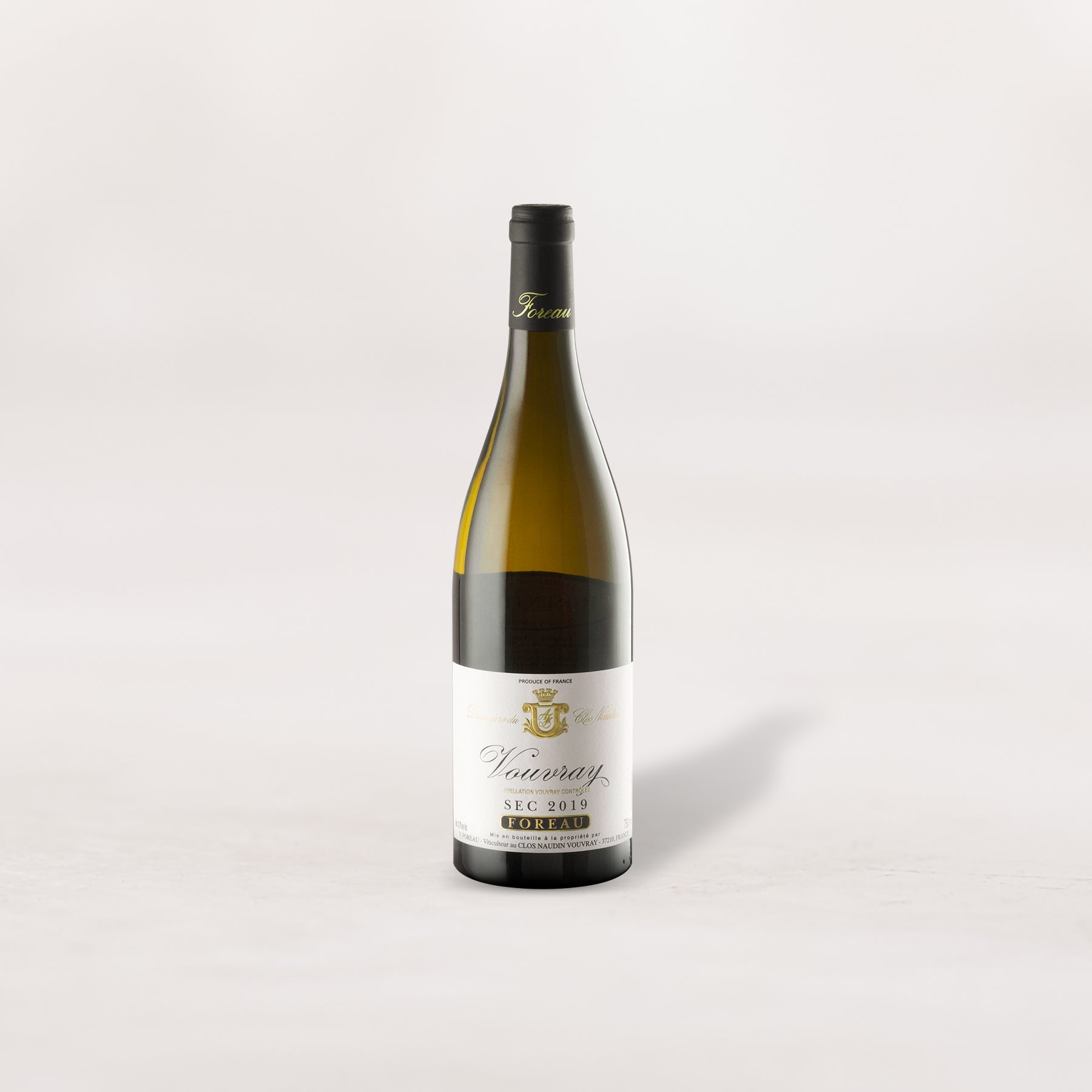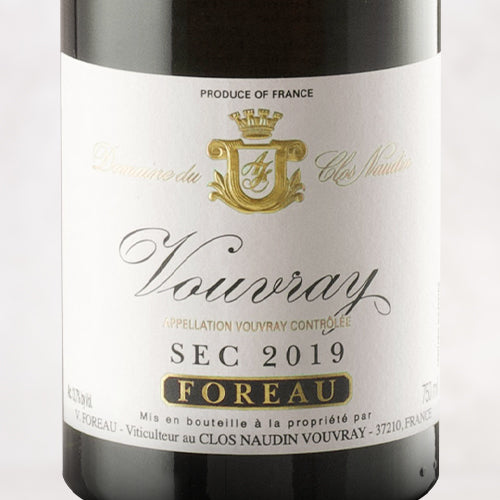For as long as we can remember, Philippe Foreau’s Vouvrays have been at the very top of our list of the Loire Valley’s greatest white wines. These are shimmeringly pure, utterly scintillating expressions of the appellation’s famed tuffeau soils. The only drawback is that they typically require significant age to really strut their stuff. But not today! Thanks to the warm and sun-soaked 2019 vintage, Foreau’s Vouvray “Clos Naudin” is ready to spread its wings the second you pull the cork. It’s got Foreau’s signature mineral refinement and electric tension, married to a breadth of golden-hued fruit you’d normally have to wait a half-decade or more to experience. Of course, like every iteration of “Clos Naudin,” it will also go the distance should you be patient enough to leave a few bottles untouched in your cellar. But with this gorgeous 2019, you’re in for a thrill ride at any stage of its life. Just be sure to grab enough to enjoy it for years to come!
Few regions and grape varieties are as synonymous as Vouvray and Chenin Blanc. In this tiny appellation to the northeast of Tours, Chenin reaches its highest highs. The sometimes rustic Chenin in Vouvray achieves a complexity and breed that places it definitively in the firmament of the world’s most noble whites. Local vignerons insist that’s thanks largely to the village’s signature tuffeau soil. Tuffeau is a particularly porous and chalky variant of limestone and is quite literally what the appellation is built on. Vines grow on it, cellars are carved into it, even the houses in Vouvray are made from it. The porousness of tuffeau means it drains freely, retaining just as much rainfall and nutrients as the Chenin vines need, while forcing them to struggle and produce small crops of concentrated fruit.
The Foreau family has been a leader in Vouvray for nearly a century. Since Armand Foreau established the domaine in 1923, the family has dedicated themselves entirely to the Chenin Blanc variety. The property has long stood at a modest 11.5 hectares, made up of two main parcels—“Les Perruches” and “Les Ruettes.” Vines in both parcels average about 45 years of age, and are farmed organically with annual plowing. Although the Foreau wines never carry vineyard designations, they’re both located in the choicest slope of the appellation, what the locals call the “première côte.” The Chenin grapes are direct-pressed whole-cluster, and then fermented spontaneously in barrels up to 30 years old in the family’s near freezing cellars. Thanks to the wines’ high acidity and the cellar’s temperature, malolactic fermentation never occurs, further enhancing the variety’s signature freshness. The wines are bottled mid-May following the harvest after a short aging period with minimal bâtonnage (lees-stirring).
In most years, “current-release” Foreau is brilliant, if austere, and dominated by its mineral structure. But 2019 was a warm, dry vintage, and yields were sharply reduced by an April frost. Low yields and sunny weather mean more fruit-driven wines, bringing this bottling into near-perfect, drink-me-now balance. The nose leads with the hallmark Foreau luster—pulverized limestone, chalk, sea salt, struck flint, lemon zest—rounded out here by golden apple flesh, pear skin, just-ripe white peach, white flowers, spiced honey, and fresh-cut hay. On the palate, it’s medium-bodied and finely poised, glimmering with brisk acidity. Layers of fruit follow and flesh things out before a final wash of minutes-long minerality brings it to a close. It’s delicious now, a masterclass in what makes Chenin special. But like all Foreau wines, this will age comfortably for as long as you let it. So don’t hesitate to go deep!











